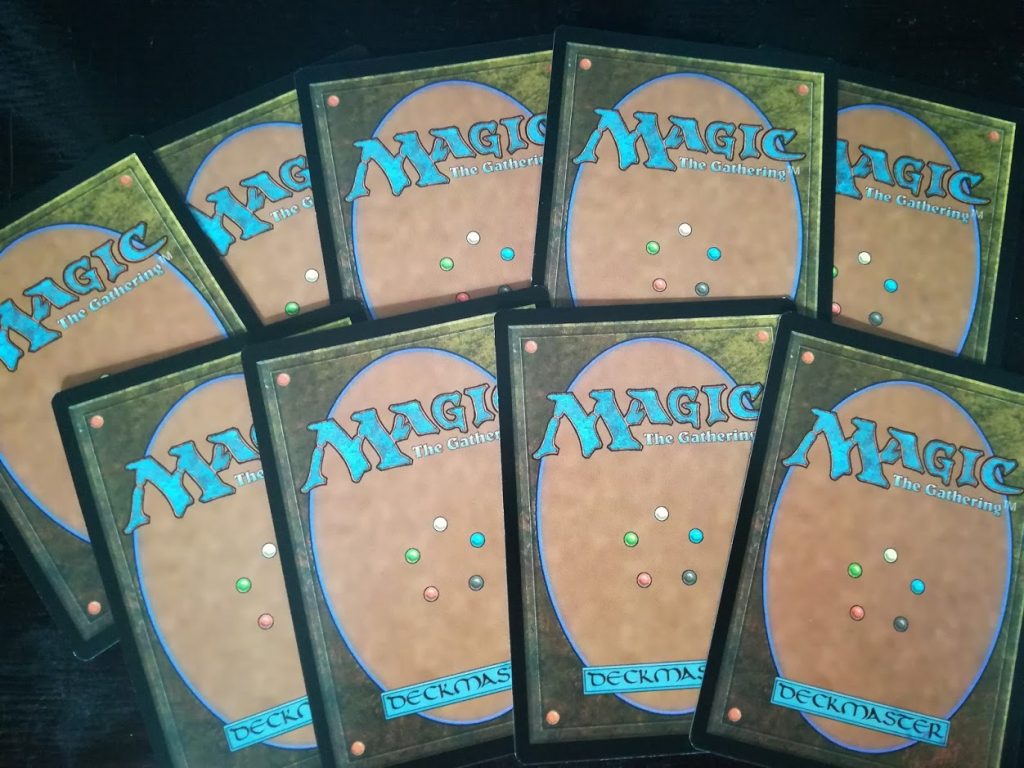Platform studies would benefit from including analog games into the scope of the framework
Jan Švelch writes in his article “Platform studies, computational essentialism, and Magic: The Gathering” about computational essentialism, the emphasis on software and hardware rather than the cultural practices around the game system in platform game studies. The writer argues that platform studies, a framework that tries to understand gaming mostly through its technical aspects, has an inherent flaw that can be demonstrated by applying it on card games such as Magic: The Gathering (MTG).
The original framework basically operates on three layers: hardware, software and culture. However, the card game platform is usually only viewed through its technical aspects, ignoring the culture built around the game. Operating the game is just a part of the culture. Platforms are computational and technical, but like analog games, they can also be seen as opportunities to interact, communicate and sell. MTG is a great example with its modifications, secondary markets and metagames such as deckbuilding.
The hardware layer of MTG can be examined through material card dimensions such as size and texture, but the manufacturing process is also a part of the metagame. With knowledge about the manufacturing, players can predict the odds of a certain card appearing in a card pack. The software level, which includes rules and different formats of the game, is also influenced by the player culture, as many official cards have been released for community-generated formats.
The culture layer of MTG is manifested through the various community practices. For example, both the community and the publisher respect a player committee that dictates some of the rules. Fan-made formats also receive official expansions. There is a lucrative secondary market for things such as protective card pockets and alternative card art, as well.
The framework allows for an in-depth analysis of MTG, but the analysis reveals some problems concerning computational essentialism. It ignores the community and industry practices around the game, even though playing the game is only a part of the hobby. The cultural aspects are strongly connected to the other layers of the game, and including analog games into the scope of the framework reveals the emphasis on digital games within game studies. However, analysing analog games within the framework requires better tools for confronting computational essentialism.
Original Article: http://analoggamestudies.org/2016/07/platform-studies-computational-essentialism-and-magic-the-gathering/
Author: Jan Švelch
Published in: Analog Game Studies, July 11, 2016
You might also like
More from Game Research Highlights
How do you want to do this? – A look into the therapeutic uses of role-playing games
Can playing RPGs contribute positively to your wellbeing? A recent study aims to find out how RPGs are being used …
Eldritch horrors and tentacles – Defining what “Lovecraftian” is in games
H.P. Lovecrafts legacy lives today in the shared world of Cthulhu Mythos and its iconic monsters. Prema Arasu defines the …
Are Souls Games the Contemporary Myths?
Dom Ford’s Approaching FromSoftware’s Souls Games as Myth reveals the Souls series as a modern mythology where gods fall, desires …

















